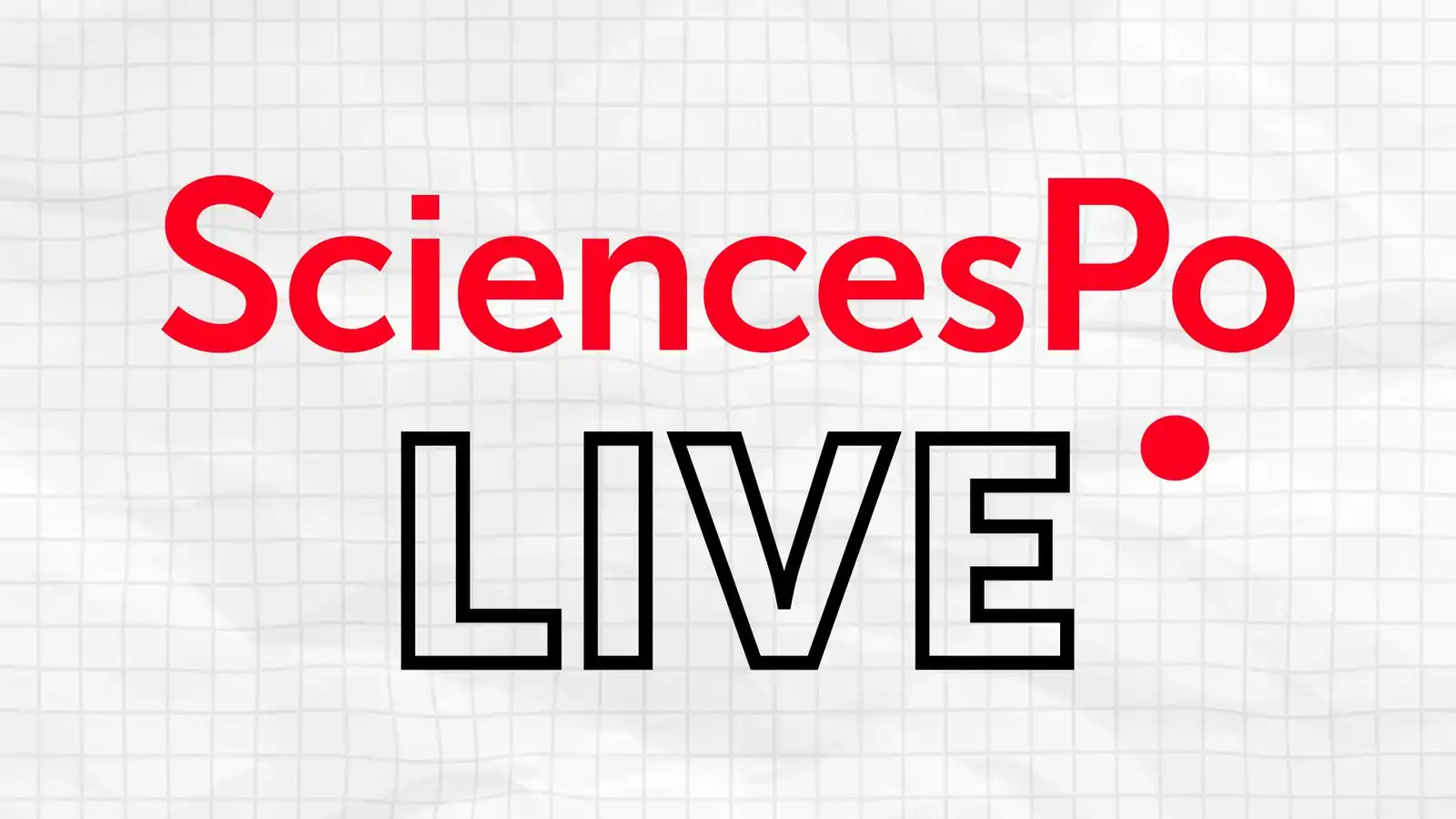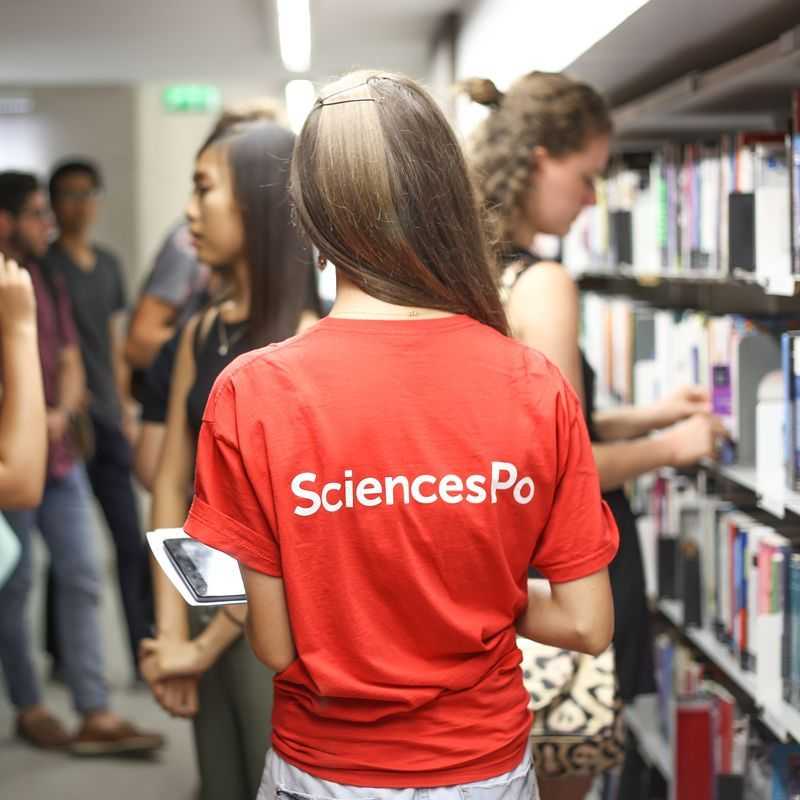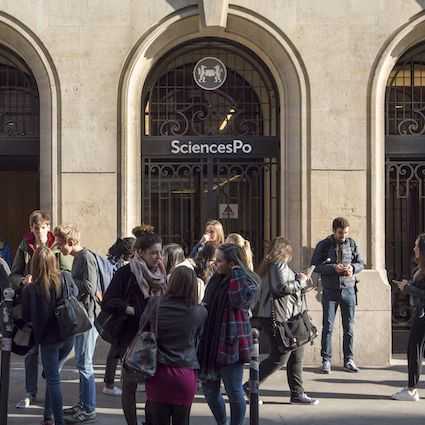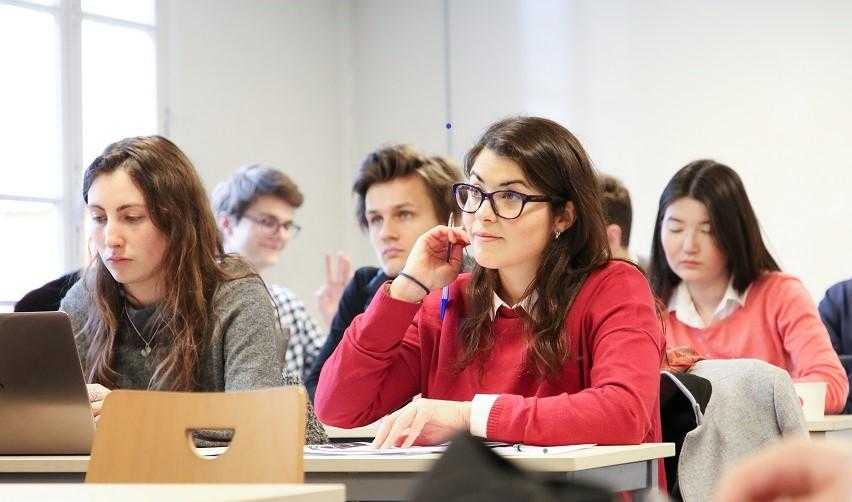
Home>Academics>Master Programs>Technology and Global Affairs
Master in Technology and Global Affairs
Two-year Master's
Programme in English
120 ECTS minimum
Information Sessions: Masters

Discover all the Master's programs and admissions procedures during our many webinars dedicated to future applicants.
General objectives
The Master degree in Technology and Global Affairs at PSIA trains students to develop the tools and knowledge they need to effectively understand and analyse the growing impact that Technology is having on International Affairs and on our societies.
Technology, often simplified as Tech, is used here as a generic concept encompassing a broad range of disciplines and innovations. It relates particularly to computing, the use of data and algorithms, as well as technological advancements in the digital sphere (e.g. internet connectivity, social media platforms, online information sharing, digital communication tools, etc.). More recently, Artificial Intelligence (A.I.) has erupted as a disruptive and transformative component of this multidisciplinary reality.
When approached from the perspective of social sciences, technology appears as a powerful yet challenging force. Political science, economics, law, policy-making, geopolitics, and governance more generally, show how technology improves efficiency, enhances connectivity and human exchange as well as presenting fundamental concerns and ethical dilemmas for our societies, economies and forms of citizenship.
Main orientations and specific features
This intensive two-year program is divided into three academic semesters and one practical semester (during semester 3) designed to develop professional, research and analytical potentials of the students.
The program’s curriculum weaves three key dimensions: the impact of technology on geopolitical and security developments; the economic and business transformations driven by technology; and the technology driven evolutions of citizenship and fundamental rights. Issues related to the governance and regulation of technology will be treated as a fourth, cross-cutting dimension.
This unique program exclusively offered in English provides training in technology’s relationship with the social sciences and its impact on global affairs, blending outstanding academic training with an innovative approach to new subject matter.
Whilst there are no technical prerequisites to join the program, students are expected to be ready to engage in earnest with tech-related skills (e.g. data analysis and programming) and matters (the role of algorithms) that are fundamental to understand and deal with the complex intersection of technology and global affairs.
The Master in Technology and Global Affairs is also offered as part of the Dual Degree in Technology and Global Affairs with IE University in Madrid.
Program structure
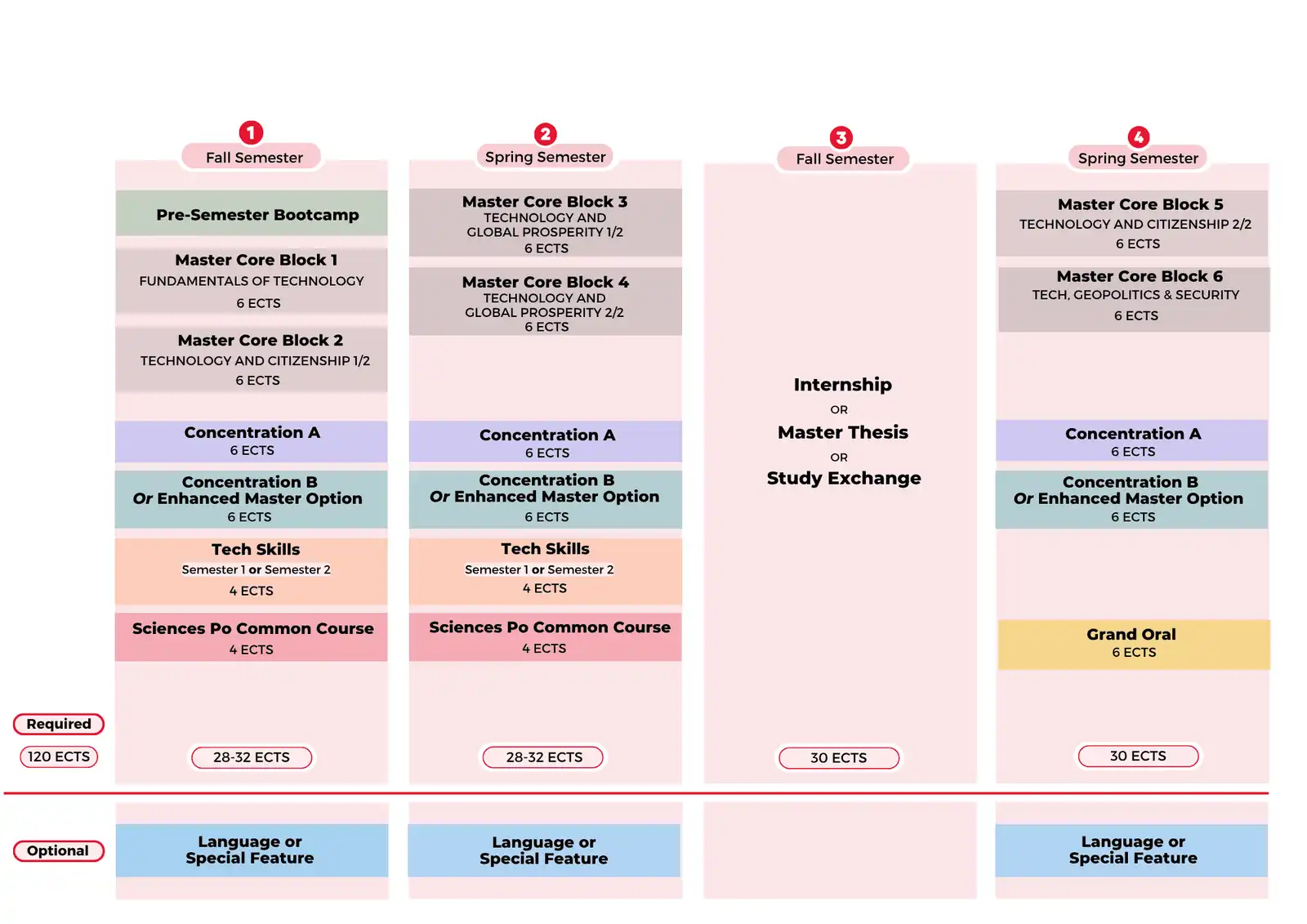
The curriculum is delivered over two years, each year divided into 2 semesters, is as follows:
Courses
- Year 1, Semester 1
- Year 1, Semester 2
- Year 2, Semester 3
- Year 2, Semester 4 (available soon)
Watch Alex Kindel present its course Fundamentals of Technology.
Please note, this course is offered to both the Master in Technology and Global Affairs and the Dual degree in Technology and Global Affairs with IE University
Career Opportunities
Graduates will be solidly equipped to pursue rewarding careers both in the public and in the private sector, combining their newly acquired perspective, vision and technical skills with other vocational or professional interests. They will be prepared to serve at national, multilateral and intergovernmental administrations in a range of roles related to geopolitics, defence, cybersecurity, and other policy areas; as well as within large corporations and respected consultancy firms.
Scientific Advisor
Ignasi Guardans holds a Ph.D, is a senior international consultant and is an Adjoint Professor at PSIA. Ignasi started his career as a Law Professor. He later worked for a few years as a business lawyer, during which time he was involved in a number of contracts in the media and telecom industries.
In 1996, he started a political career, serving successive elected mandates as a Member of the Spanish Parliament (1996-2004) and at the European Parliament (2004-2009). After that, he served as Director General of Cinema and Audiovisual Arts in Spain, and Director for Public Affairs of Eurovision in Geneva. Throughout this period (which started before the birth of Google), Ignasi was directly involved, both as an interested front-row witness and as a drafter and implementer of new policy and new regulation, in the birth of digital privacy, video surveillance or cybersecurity as topics of political interest; the beginning and implant of cloud computing and e-commerce; online piracy; the first video-on-demand and streaming platforms; digital finance, and other topics that comprise today’s global technology and platforms’ ecosystem. Simultaneously, his international activity included policy work in European Affairs, International Trade and Foreign Policy & Security.
Since his return to the private sector in 2012, Ignasi has been monitoring the ever-growing interactions of tech and policy, now as international consultant. Ignasi has been decorated by the Spanish and French Government, and is a regular media contributor in Spain, with a strong presence in social networks.
Admissions
Key information about the application process (requirements, documents, deadlines and calendar, etc) can only be found on Sciences Po’s Admissions website.
Contact
- On admissions : Catarina Laranjeira, Assistant Dean for Admissions: catarina.laranjeira@sciencespo.fr
- About the program: Thibaut Jaulin, Academic Advisor for the Master in Technology and Global Affairs: thibaut.jaulin@sciencespo.fr
